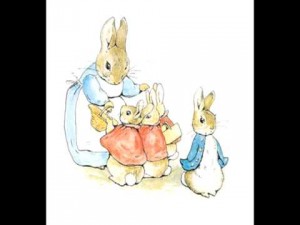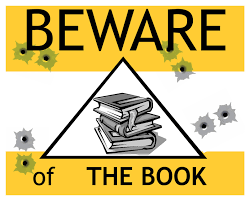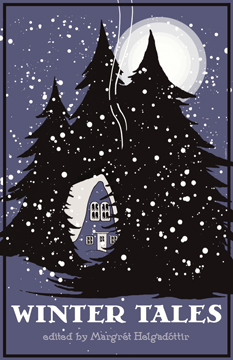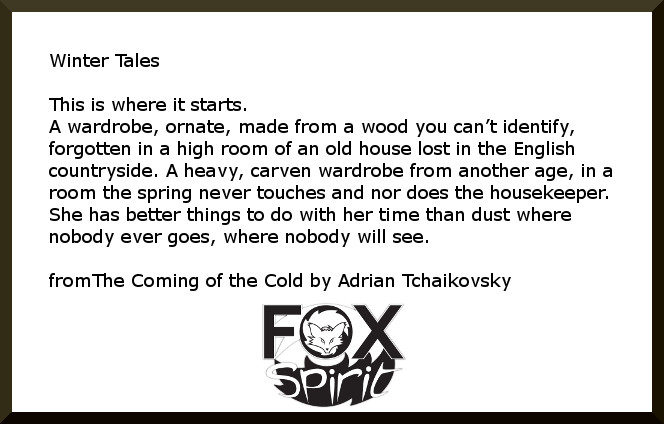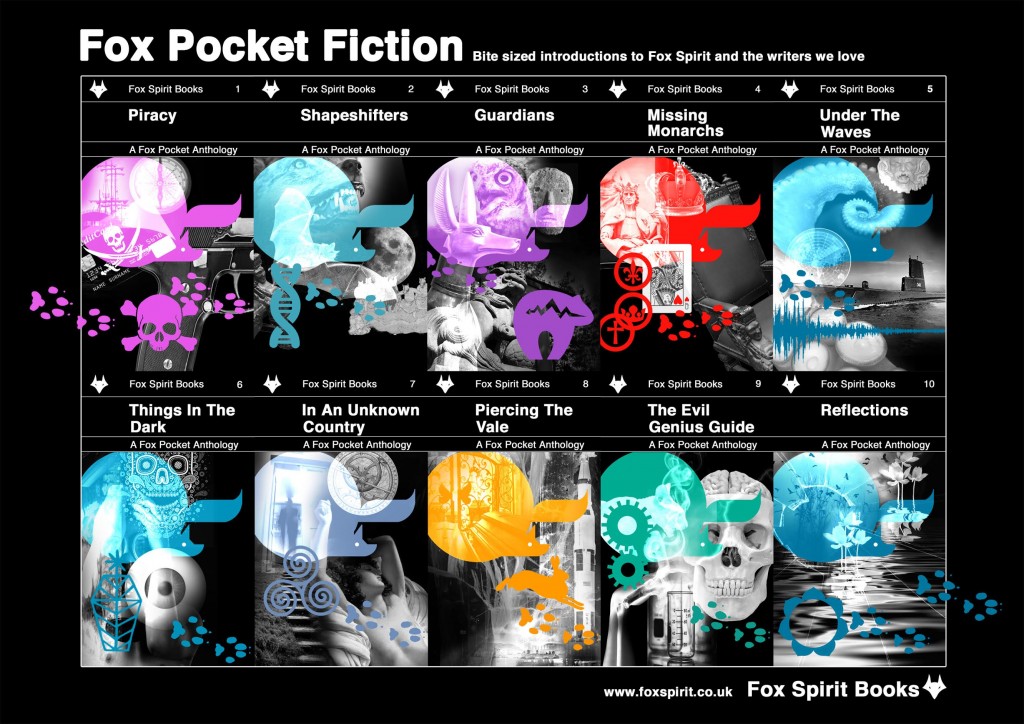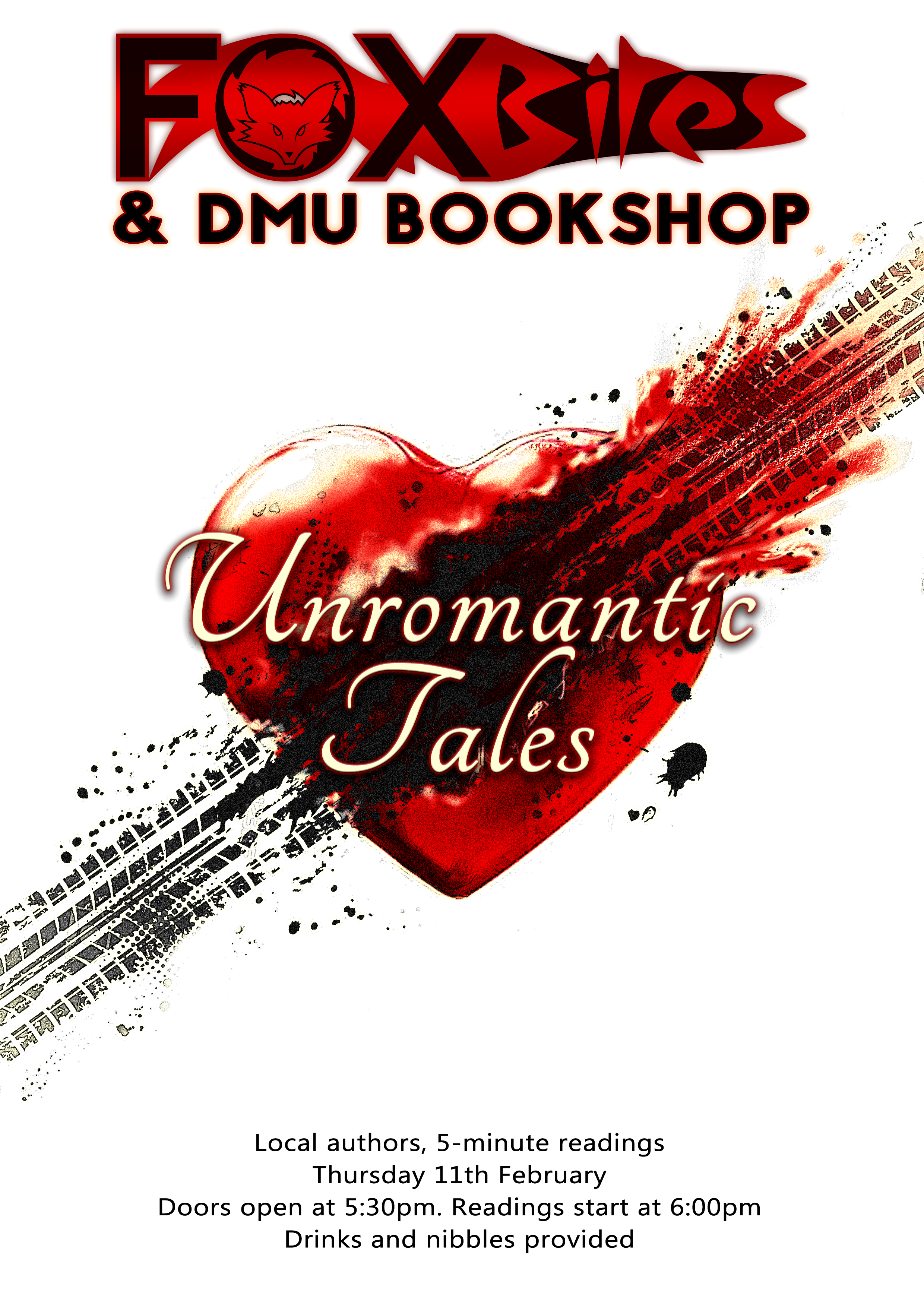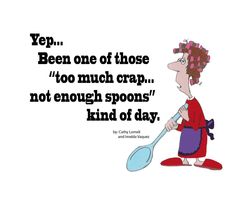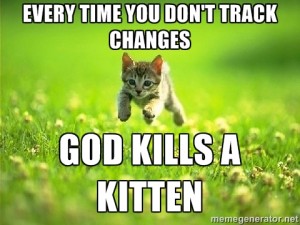by B Thomas
It’s no secret to anyone who knows me that I am infatuated with dark fiction. I’m not alone in this or King wouldn’t be one of the most iconic writers of all time, Gone Girl would not have been a smash success, and not one of you will get this next Brad Pitt reference: “Oh God. . . What’s in the box?” (I know some of you did.)
It’s also more than safe to say, that I have a deep respect and love for animals of all kinds, particularly wolves. Their elegance, their pack mentality, and the way they look at you with their heads low and their eyes unblinking. Sadly, though, they are also hunted, trapped, and facing endangerment. (That’s all the preaching I’m going to do, be assured). I knew several years ago that I wanted to write a story involving wolves, and our desperate need to get back in touch with nature. But the killer question was: in what way would this scenario be plausible? Easy: hello apocalypse.
The thing with apocalyptic fiction is that there are certain tropes that are nearly impossible to avoid. I.E – warring factions, groups of people who revert back to a barbarian-like state, etc. While I knew these were going to be present, I didn’t want that conflict to take away from the point that I was trying to get across. I’ll let you be the judge of whether or not I achieved this, but if anybody—even only one person who reads it thinks: maybe humans don’t know everything, then I will consider it a victory.
After three drafts, I submitted Among Wolves to the annual Writers of the Future contest where it earned an honorable mention. While I was happy about this, it didn’t change the fact that there it sat: unpublished and wanting to be read. Then I stumbled across Fox Spirit’s Winter Tales call for submissions: Frost pierces through everything. Your bones ache in the icy wind. Harsh winter storms rage and the sun is leaving, not to return for many months. . .
I was ecstatic. . . And nervous. Response times are brutal for any writer, and even though Fox Spirit had a rather short wait time, it was still excruciating. I wanted Among Wolves to belong in this collection and have the opportunity to work with a press that had been named the 2015 Best Small Press by the British Fantasy Society. My thanks to them are endless, along with my gratitude to Margaret Helgadottir for being such a communicative, insightful editor, and my trusted beta readers, some of you having read Among Wolves more than once. Thank you again.
Several months after my acceptance into Winter Tales, I embarked on a trip I had wanted to go on for a couple years. Along with my girlfriend and a few friends, we went out west to visit the Colorado Wolf and Wildlife Center, a nonprofit sanctuary for wolves and other wild canines. It was incredible. We were given the opportunity to interact closely and personally with the animals and everything I desired to get across in my story had been reaffirmed a thousand times over.
If you are so inclined you can stop by my webpage at https://bthomas7.weebly.com or follow me on twitter @jigsawkid7

